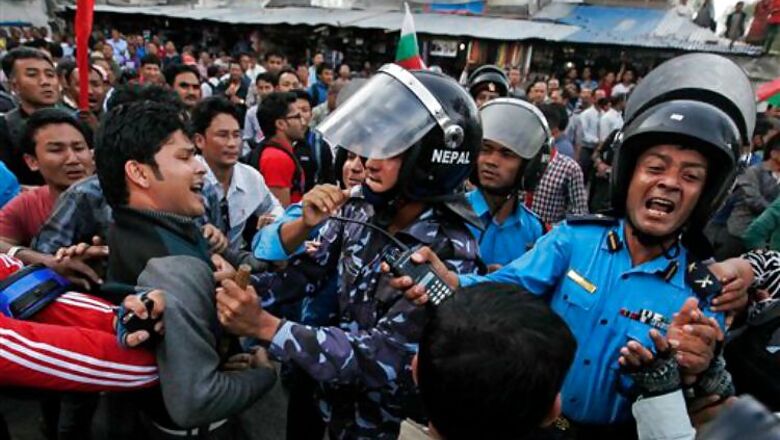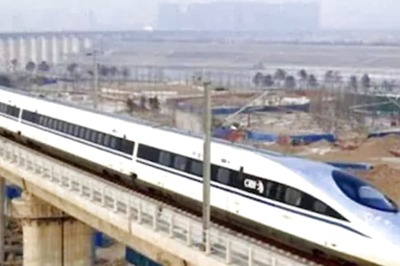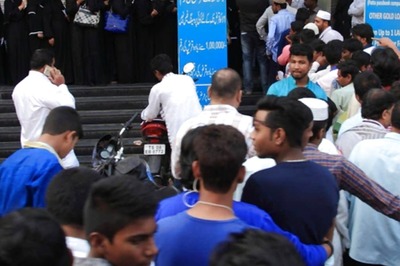
views
Beijing: China on Monday backed Nepal's new Constitution that has sparked violent protests in the plains close to the Indian border over its effectiveness to protect rights and interests of the Madheshi people.
The message from China came as India steered clear of congratulating its neighbour that had ignored its concerns over the continued violence in the Terai region.
Foreign Ministry spokesman Hong Lei said China sincerely congratulates Nepal on promulgating the new Constitution and hoped that Nepal will seize the opportunity to realise national unity, stability and development.
Hong said China also hopes that all political factions in Nepal will bear in mind fundamental interests of the country and people, resolve relevant differences through dialogue and consultations.
"China values its relations with Nepal and is willing to further deepen mutually beneficial cooperation and provide assistance to economic and social development of Nepal as our capacity allows," he said.
Nepal on Sunday adopted its new Constitution after seven years of painstaking deliberations. The promulgation marked Nepal's transition into a secular and democratic republic.
But Madhesi groups have opposed the new Constitution over the seven-provinces federal structure to divide the country.
Nearly 40 people have died in the violent protests. The Madhesi protesters claim they do not have enough representation and their rights have not been protected in the new Constitution.
The strife over the charter highlights varied perceptions of India and China in Nepal, where Beijing has expanded its political and economic clout with massive aid and investments, blunting New Delhi's ties with its strategic neighbour.
India on Sunday expressed concern over the deteriorating situation, specially in the regions close to Indo-Nepal border such as Biratnagar and Birgunj.
"We are concerned that the situation in several parts of the country bordering India continues to be violent," India's External Affairs Ministry said.
It called for the resolution of differences through dialogue and in an atmosphere free from violence and intimidation.



















Comments
0 comment